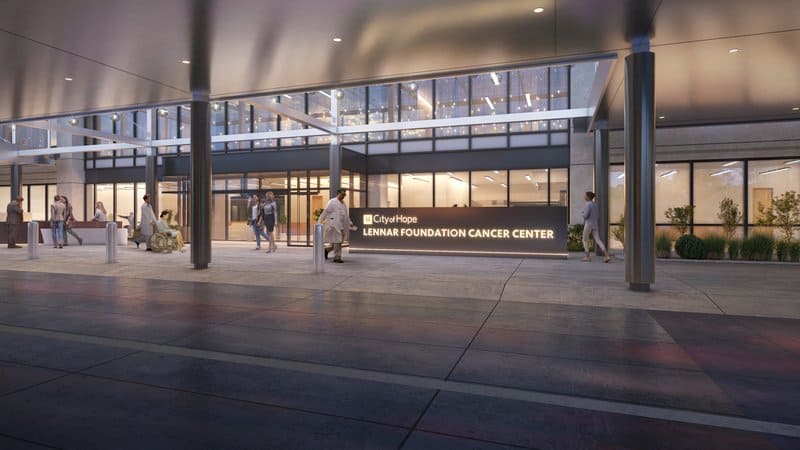As the third-leading cause of cancer-related deaths in the U.S., pancreatic cancer beats out most treatment options as the disease purports a five-year survival rate of about 10%. Now, researchers say a cell therapy was able to significantly prolong life in a mouse model of the cancer.
Researchers at City of Hope tested a natural killer (NK) cell-based therapy from biotech CytoImmune Therapeutics in a mouse model.
The chimeric antigen receptor (CAR) NK cell therapy led to “significant tumor-suppressive effects” in test-tube experiments before and after a freeze-thaw cycle, the researchers published this month in the journal Gastroenterology.
The frozen cells then lasted more than 90 days following their last infusion in mice. The therapy “significantly prolonged” the life of mice.
Given the animal study results and no signs of systemic toxicity, CytoImmune Therapeutics plans to test the off-the-shelf cell therapy in humans this year. The treatment, dubbed CYTO NK-203, takes natural killer cells from umbilical cord blood and aims to express a receptor against prostate stem cell antigen and secretion of IL-15 to extend the NK cell’s life.
While this type of therapy has shown promise in treating some blood cancers, it has run into limited effects in fighting against solid tumors because most proteins used to target CAR cells to the solid tumors are found in low levels on normal tissues. This drums up toxic side effects.
Senti Bio showed that its CAR-NK cell therapy improved killing of acute myeloid leukemia while also sidestepping the destruction of healthy cells in a mouse model. The biotech reported the findings at the American Society of Hematology last month.

